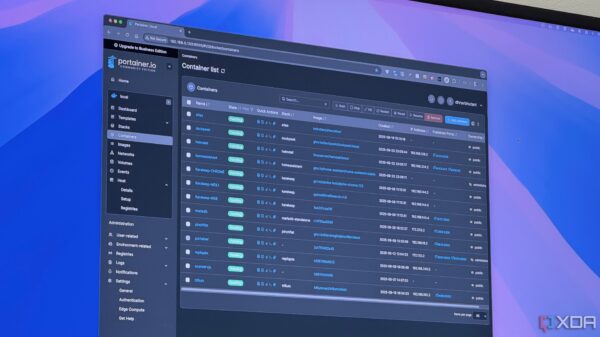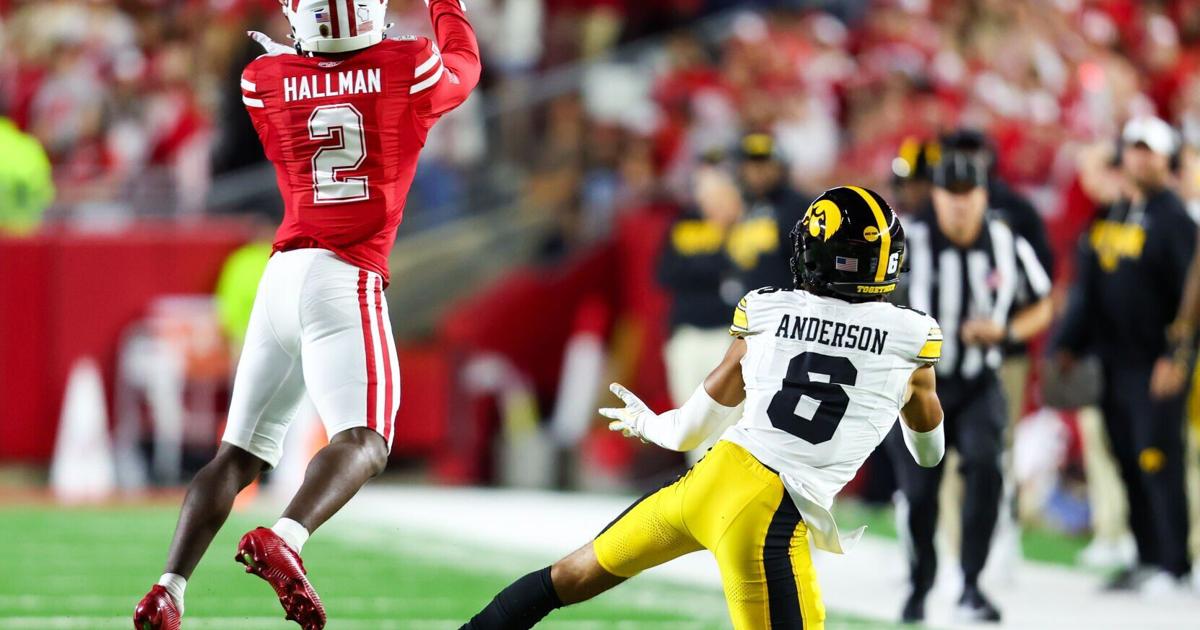The University of Wisconsin’s athletic program is positioning itself for success in the evolving landscape of Name, Image, and Likeness (NIL) regulations. Chris McIntosh, the Athletic Director, recently expressed his confidence that the Badgers are well-prepared for an environment where NIL rules are more strictly enforced. As the NCAA continues to navigate these changes, McIntosh’s insights highlight both opportunities and challenges for college athletics.
McIntosh emphasized the importance of adapting to a regulated NIL framework. “We believe that when the rules are clear and consistent, it will benefit our student-athletes and the integrity of college sports,” he stated during an interview with BadgerExtra. The Badgers aim to leverage their strong brand and historic reputation to attract top talent, enhancing their competitiveness in the Big Ten and beyond.
Strategic Positioning Amid Uncertainty
Despite the potential advantages of a regulated NIL landscape, uncertainty looms in the interim. McIntosh acknowledged that the current lack of uniformity in NIL agreements creates challenges for recruitment and retention of top athletes. “Our focus is on building a sustainable strategy that not only supports our players but also upholds the values of our program,” he explained.
As the NCAA prepares to implement more stringent rules, the Badgers are taking proactive steps to ensure compliance and integrity. The athletic department is actively developing partnerships with local businesses and alumni to create a supportive ecosystem for student-athletes. This approach aims to provide athletes with more opportunities while maintaining adherence to upcoming regulations.
The significance of NIL in college sports has grown dramatically since its introduction in July 2021. With student-athletes now able to profit from their personal brand, programs that effectively navigate this landscape stand to gain a significant competitive edge. McIntosh believes that Wisconsin’s commitment to ethical practices will resonate with recruits and their families.
Looking to the Future
As the 2023-2024 academic year approaches, the Badgers are focused on not only enhancing their athletic performance but also ensuring their athletes are well-equipped to manage their NIL opportunities responsibly. McIntosh highlighted the necessity for educational initiatives that empower student-athletes to make informed decisions regarding their endorsements and partnerships.
With the rapid evolution of NIL rules expected in the coming years, Wisconsin’s strategy reflects a broader trend among collegiate programs aiming to balance athlete empowerment with institutional integrity. The Badgers’ proactive measures may serve as a model for other programs navigating the complexities of NIL.
In summary, Chris McIntosh’s insights and the Wisconsin Badgers’ strategic positioning underscore the importance of preparation in a rapidly changing environment. As they await the implementation of stronger NIL regulations, the Badgers are committed to fostering a culture that prioritizes both athletic excellence and ethical standards.







































































